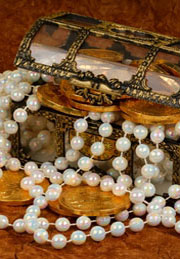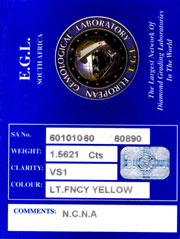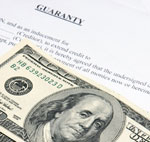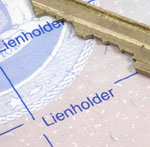Secured Promissory Note
A secured promissory note makes provision for goods to be pledged
as collateral or security for a loan
If you selected the option to have your Note secured on our free sample promissory notes, you must complete the separate Security Agreement (also supplied here), which will be attached to your Note.

Important Note: A secured promissory note with a lien or mortgage against real estate is beyond the scope of the free legal forms supplied here. You must consult with a real estate attorney to ensure you have adequate protection in place should the borrower default. Similarly with large business loans where an attorney must be consulted.
Before you select the sample security agreement best suitable for your purpose, do take a look at some aspects to consider further down on this page before compiling your document.
NB: You can also refer to our Promissory Note Main Page for more information and links to other free legal forms.
Secured Promissory Note: We supply two sample Security Agreements:
- Security Agreement - Where the Borrower keeps the collateral on his/her premises
- Security Agreement - Where the Lender keeps the collateral on his/her premises
Where Collateral Stays with the Borrower
- A Uniform Commercial Code (UCC) filing should be done to serve as public record that the goods are attached as security against a promissory note - your promissory note then becomes a perfected security interest. This is highly recommended for a secured promissory note for large loans. In the case of a vehicle etc. you will need to record a lien on the title. Confirm with your department of motor vehicles as to their specific requirements.
- Will the Lender want to inspect the goods from time to time - even if the Borrower is prompt with repayments of the loan? Be sure to add this provision to your agreement.
- Insurance and/or maintenance are important points to stipulate in your document.
Where Collateral is Kept by the Lender
- In the case of a large loan, the goods offered as security may be of high value e.g. a painting, stamp collection, jewelry etc. Would the Lender need insurance for the goods and who will be paying the insurance premiums?
- Storage space may be a problem if the goods are bulky or unsightly.
Description and Value of the Goods

- Give a thorough description of the goods, note defects and list serial numbers if available. E.g. Notebook, Make, Model, Serial Number - with broken hinge. Take photographs if necessary.
Jewelry can be placed in a sealed envelope with both parties' signatures across the seal or precious stones can be certified - this may avoid arguments about substitution of gem stones etc. - Both Borrower and Lender will do well to reach an agreement upfront as to what is a realistic and easily attainable price for the goods. (The Lender must do independent research to verify the value).
- Ideally the value of the goods offered as security should equal the amount of money borrowed - to be fair to the Borrower. However, as time passes and the debt is reduced, there will naturally be a growing discrepancy in the values.
- If the value of the goods exceed the amount of the loan, any surplus money from the sale of the goods should be refunded to the Borrower. The Borrower must be aware that the Lender is not obliged to spend a lot of time or effort in order to obtain the best price for the collateral and may sell the goods below market value to recover payment of a loan. However, the default on a secured promissory note is not an opportunity for a Lender to make more than he/she is entitled to and he/she must act in good faith at all times.
Secured Promissory Note
Note the difference in these two provisions in our sample Security Agreements:
The Borrower agrees that he/she shall remain liable for any shortfall if the proceeds from the sale of the Collateral are not sufficient to repay all monies due under the Note.
The Lender may seize goods from the borrower, only to find them damaged and therefore worth much less than initially valued (notwithstanding the Borrower's signed agreement to keep the security in good condition). The Borrower should therefore still be liable for the shortfall.
OR
The Lender further agrees that where the proceeds from the sale of the Collateral are not sufficient to repay all monies due under the Note, such shortfall shall be for the Lender's account and the Borrower shall have no further obligations under the Note.
Conversely, the Borrower will want to be protected from a scenario where the Lender sells the collateral for a ridiculously low amount (perhaps to a family member or friend) and still finds himself/herself in debt because of the shortfall.
These are all points that both Lender and Borrower need to consider and our sample documents cannot make provision for all possible variations. It is therefore important to consult with an attorney to ensure your agreements offer adequate protection.
Please note that our free secured promissory note forms are provided for informational purposes only and you use them at your own risk.
You are here:





